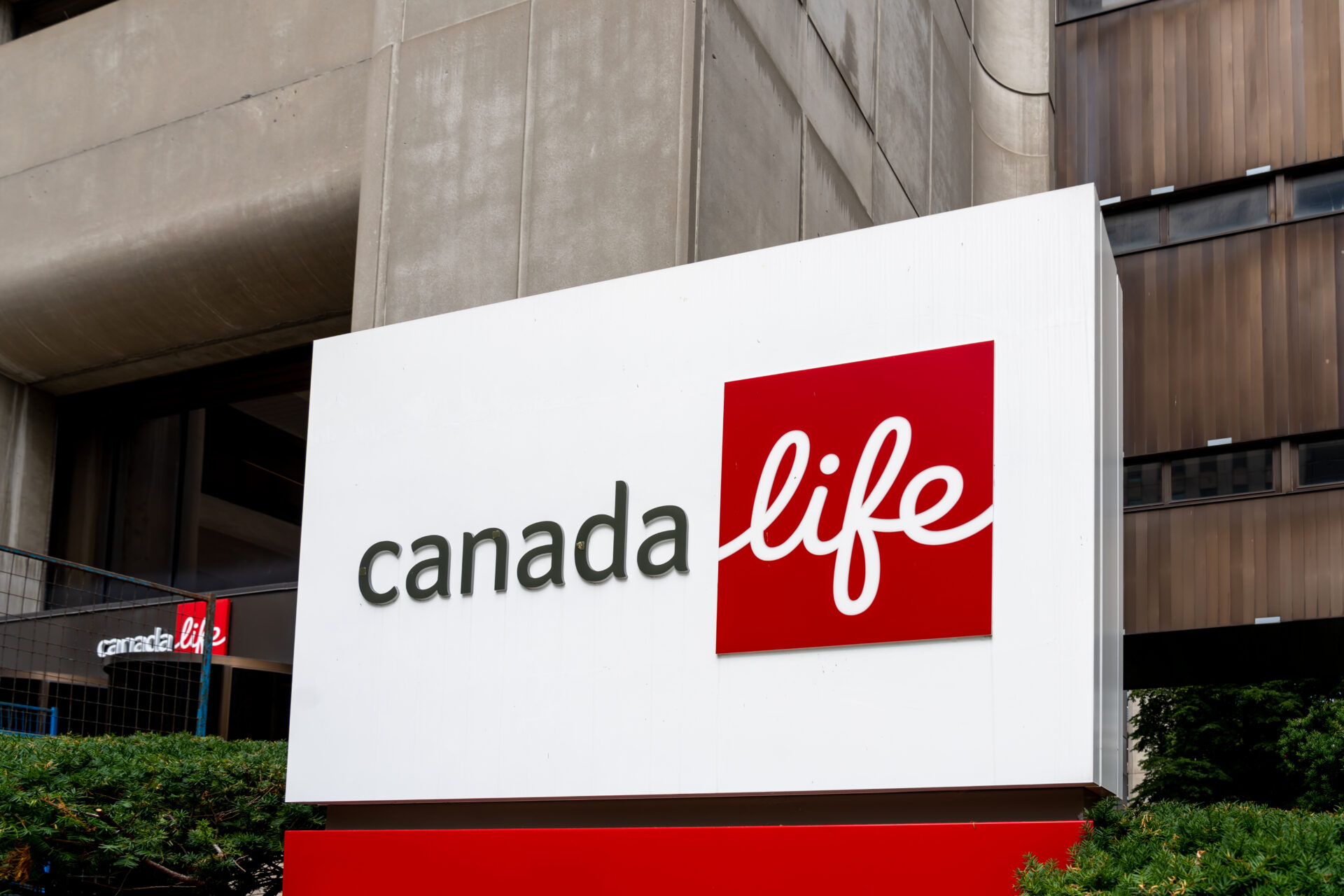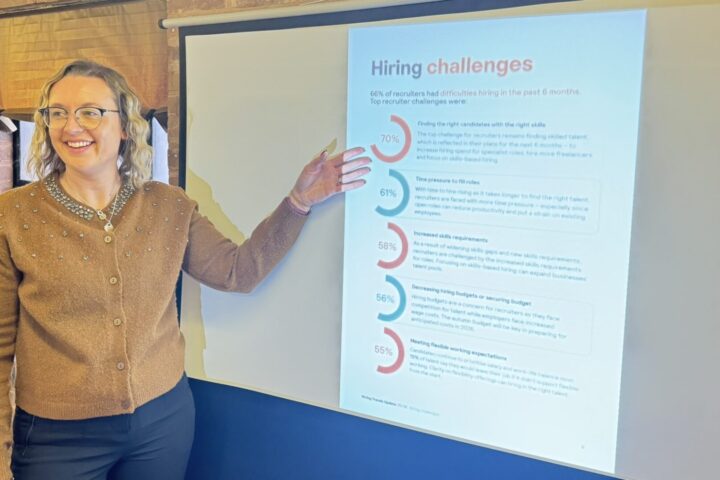A potential reduction to tax-free cash for pensions in the upcoming Budget could affect retirement planning, according to Helen Morrissey, head of retirement analysis at Hargreaves Lansdown.
One of the more persistent rumours – the introduction of a flat rate of tax relief – appeared to have been shelved last week, following concerns of the impact it would have on public sector workers.
Tax-free cash was reduced to a maximum of £268,275 by the last Government, prompting further speculation as to whether it would be eroded further in future.
Morrissey warned that even people whose tax-free cash entitlement is well below this level could be wondering what the future holds, and potentially making decisions they come to regret.
She added that taking money out of a pension now potentially deprives it of future investment growth and could leave it subject to taxes that it otherwise might not be.
Morrissey said: “It is also expected to see people try to reinvest surplus tax-free cash they’ve taken back into their Self-Invested Personal Pension (SIPP) and potentially fall foul of recycling rules that clobber them with a fine.
“Even if the money is put in a bank account, there is a huge risk its purchasing power is eroded over time by falling interest rates.
“This ongoing speculation about potential changes to such a fundamental part of the system is hugely damaging.
“People need certainty to make long-term plans and they just don’t have that right now.
“The sooner changes such as raiding tax-free cash, can be ruled out, the more people can focus on the long term again.”
The Government could introduce National Insurance (NI) on pension contributions, in a move that Morrissey warned could push up costs and impact pension contributions.
Morrissey said: “As it currently stands, employers pay National Insurance contributions of 13.8% on all earnings above £175 per week, but pension contributions are exempt.
“This is a nice incentive for employers, which looks to be firmly in the Chancellor’s sights.
“However, such a move does not come without drawbacks – it would of course push up employer costs and the concern is that they could look to recoup this cash either in the form of smaller pay rises or a refusal to increase their pension contributions – both of which spell bad news for people’s financial resilience.
“Given the ongoing debate around adequacy and how we can help people better prepare for retirement, this could be something of a backward step.”
Another potential Budget target predicted by Morrissey is the treatment of pensions within Inheritance Tax.
As it currently stands, in most cases, a pension is treated as being outside of a person’s estate for Inheritance Tax purposes.
Morrissey said: “Making pensions subject to inheritance tax could potentially raise a decent chunk of money for the Government and incentivise people to spend their pot during their lifetime.
“We could see people opting to give away more gifts in their lifetime to family as a means of mitigating this tax, which could play a huge role in helping younger people get onto the property ladder.”
















